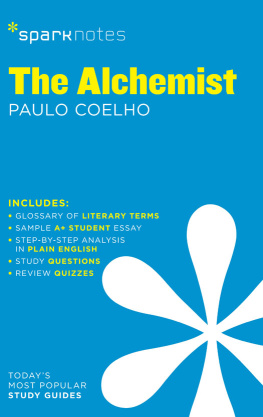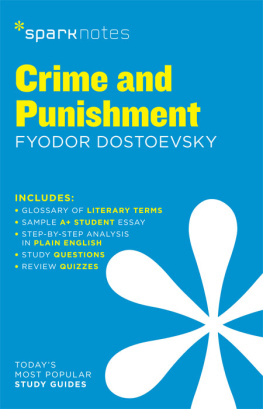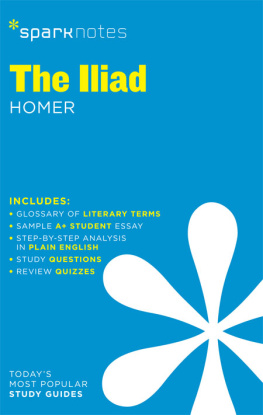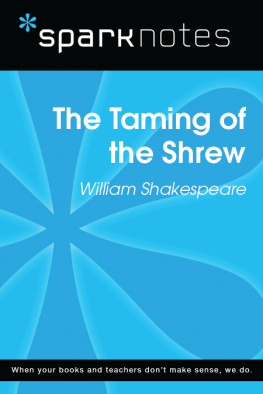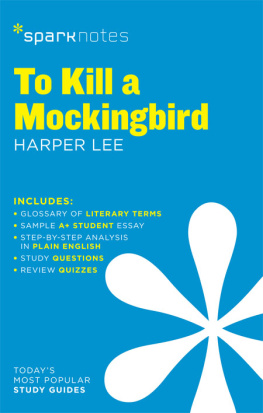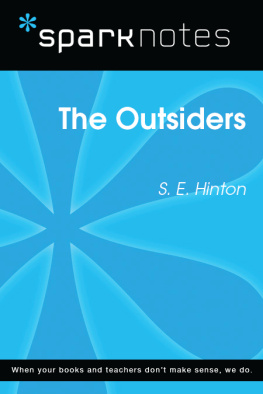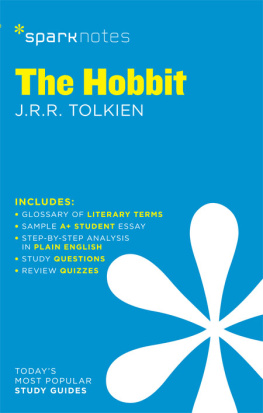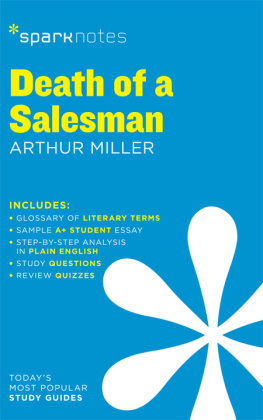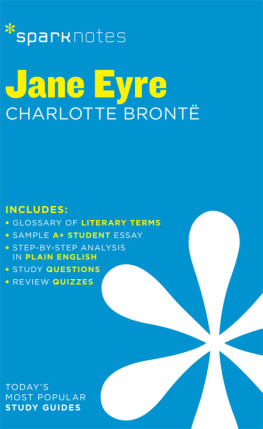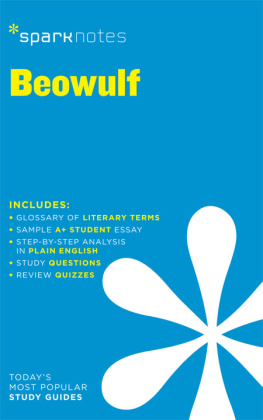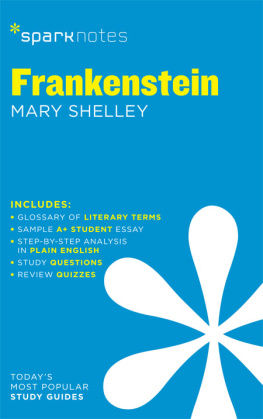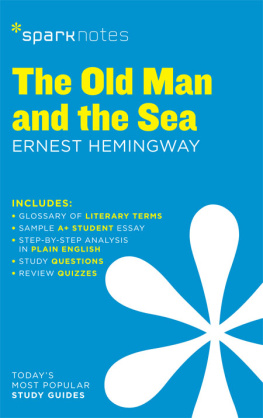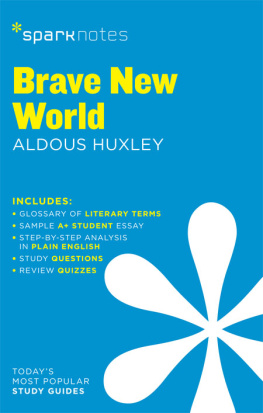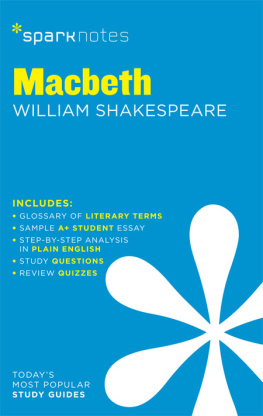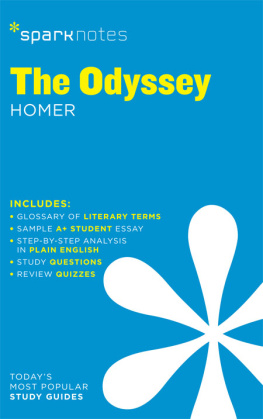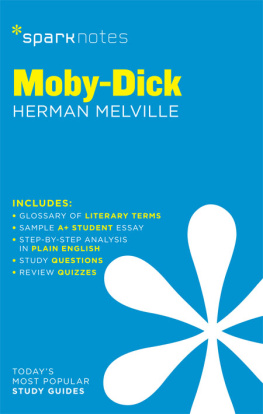All rights reserved. No part of this publication may be reproduced, stored in a retrieval system, or transmitted in any form or by any means (including electronic, mechanical, photocopying, recording, or otherwise) without prior written permission from the publisher.
Please submit changes or report errors to www.sparknotes.com/errors.
CONTEXT
Before The Alchemist launched him to worldwide fame, Brazilian author Paulo Coelho experienced a bumpy writing career. As a teen, Coelho, who admits he was hostile and isolated at the time, told his parents he wanted to be a writer. The untraditional career path, coupled with his behavior, led his parents to commit Coelho to a mental hospital three separate times. After this period, he relented to his parents wishes and enrolled in law school, but dropped out after one year and became a globetrotting hippie through the 60s and 70s. During this time, Coelho published the unsuccessful Hell Archives (1982) and contributed to the Practical Manual of Vampirism (1985), but he mostly immersed himself in the drug culture and penned song lyrics for Brazilian pop stars such as Elis Regina, Rita Lee, and Raul Seixas. Despite his lack of success writing books, Coelho made good money as a lyricist. He could have easily made this his career, but a trip to Spain pointed him down a different path.
This turning point in Coelhos writing career came in 1982, when he walked Spains road of Santiago de Compostela, or the Way of Saint James, an important medieval Christian pilgrimage route. During the walk, Coelho had a spiritual awakening that he chronicled in his second novel, The Pilgrimage (1987). The book had little impact, but Coelho became determined to make a career as a writer. Coelho found the concept for his next book, The Alchemist (1988) in a 1935 short story by Argentinean writer Jorge Luis Borges called Tale of Two Dreamers. Like The Alchemist, Borgess short story revolves around two dreamers in search of treasure. Coelho sold his book to a tiny Brazilian publishing house, which printed a minuscule first edition of 900 copies and decided not to reprint afterward.
The Alchemist achieved commercial success only after Coelho found a bigger publisher, Rocco, to publish his next book, Brida (1990). Brida received good press coverage in Brazil, and Coelhos newfound popularity launched The Alchemist to the top of the Brazilian bestseller list. In 1993, U.S. publisher HarperCollins decided to print The Alchemist, starting with a print run of 50,000 copies. Though that number was significant at the time, it did not compare with the astounding success the book would eventually have. Since its U.S. publication, The Alchemist has won the Guinness World Record for the most translated book by a living author. It has been translated into 67 languages, has sold over 65 million copies throughout the world, and has won several international awards, including Frances Grand Prix Litteraire Elle in 1995, Germanys 2002 Corine International Award for fiction, and the United Kingdoms 2004 Nielsen Gold Book Award.
The unprecedented success of The Alchemist launched Coelho to international literary fame and, in some circles, notoriety. He has won celebrity fans from Bill Clinton to Will Smith to Madonna, and has written more than twenty commercially successful books since The Alchemist, many of which have been inspired by his own life experiences. Despite Coelhos success, he has his fair share of detractors. Several writers and critics, including the Brazilian critic Mario Maestri, accuse him of producing mass-market self-help fables disguised as literature. Coelho has also distinguished himself by his willingness to share his books over the Internet for free. His American publisher caught him pirating his own books over several popular torrent sites and forced him to stop the practice. In return, the publisher allowed each of his new books to be available on its website for free for one month after being released in stores.
Clear connections exist between the story of The Alchemist and Coelhos own life story. Just like Santiago, a comfortable shepherd who decided to abandon everything to pursue a dream, Coelho was living comfortably as a songwriter when he decided to give up everything to pursue his dream of writing. Just as Santiago suffered many setbacks and temptations during his journey to Egypts pyramids, Coelho suffered a number of setbacks, including the disappointing reception of The Pilgrimage and the initial failure of The Alchemist, and experienced material temptations arising from his financial success as a songwriter. Yet, just like Santiago, Coelho remained focused on his dream, eventually achieving literary success beyond his expectations. Interestingly, Coelho didnt gain fame and financial success as an author until well after writing The Alchemist. Although Coelhos subsequent success more than validates the lesson he communicates through the story of Santiagos journey, success such as Santiago finds in The Alchemist was something Coelho had yet to attain at the time he wrote the book.
PLOT OVERVIEW
A recurring dream troubles Santiago, a young and adventurous Andalusian shepherd. He has the dream every time he sleeps under a sycamore tree that grows out of the ruins of a church. During the dream, a child tells him to seek treasure at the foot of the Egyptian pyramids. Santiago consults a gypsy woman to interpret the dream, and to his surprise she tells him to go to Egypt. A strange, magical old man named Melchizedek, who claims to be the King of Salem, echoes the gypsys advice and tells Santiago that it is his Personal Legend to journey to the pyramids. Melchizedek convinces Santiago to sell his flock and set off to Tangier. When Santiago arrives in Tangier, a thief robs him, forcing him to find work with a local crystal merchant. The conservative and kindly merchant teaches Santiago several lessons, and Santiago encourages the merchant to take risks with his business. The risks pay off and Santiago becomes a rich man in just a year.
Santiago decides to cash in his earnings and continue pursuing his Personal Legend: to find treasure at the pyramids. He joins a caravan crossing the Sahara Desert toward Egypt and meets an Englishman who is studying to become an alchemist. He learns a lot from the Englishman during the journey. For one thing, he learns that the secret of alchemy is written on a stone called the Emerald Tablet. The ultimate creation of alchemy is the Master Work, which consists of a solid called the Philosophers Stone that can turn lead to gold, and a liquid called the Elixir of Life that can cure all ills. Santiago learns the Englishman is traveling with the caravan to the Saharan oasis of Al-Fayoum, where a powerful, 200-year-old alchemist resides. The Englishman plans to ask the alchemist the secret of his trade. Santiago joins the caravan.
As it turns out, the caravan must make an extended stop in Al-Fayoum in order to avoid increasingly violent tribal wars taking place in the desert. There, Santiago falls in love with Fatima, who lives at the oasis. During a walk in the desert, Santiago witnesses an omen that portends an attack on the historically neutral oasis. He warns the tribal chieftains of the attack, and as a result, Al-Fayoum successfully defends itself against the assault. The alchemist gets word of Santiagos vision and invites Santiago on a trip into the desert, during which he teaches Santiago about the importance of listening to his heart and pursuing his Personal Legend. He convinces Santiago to leave Fatima and the caravan for a time to finish his journey to the pyramids, and he offers to accompany Santiago on the next leg of his trip.

